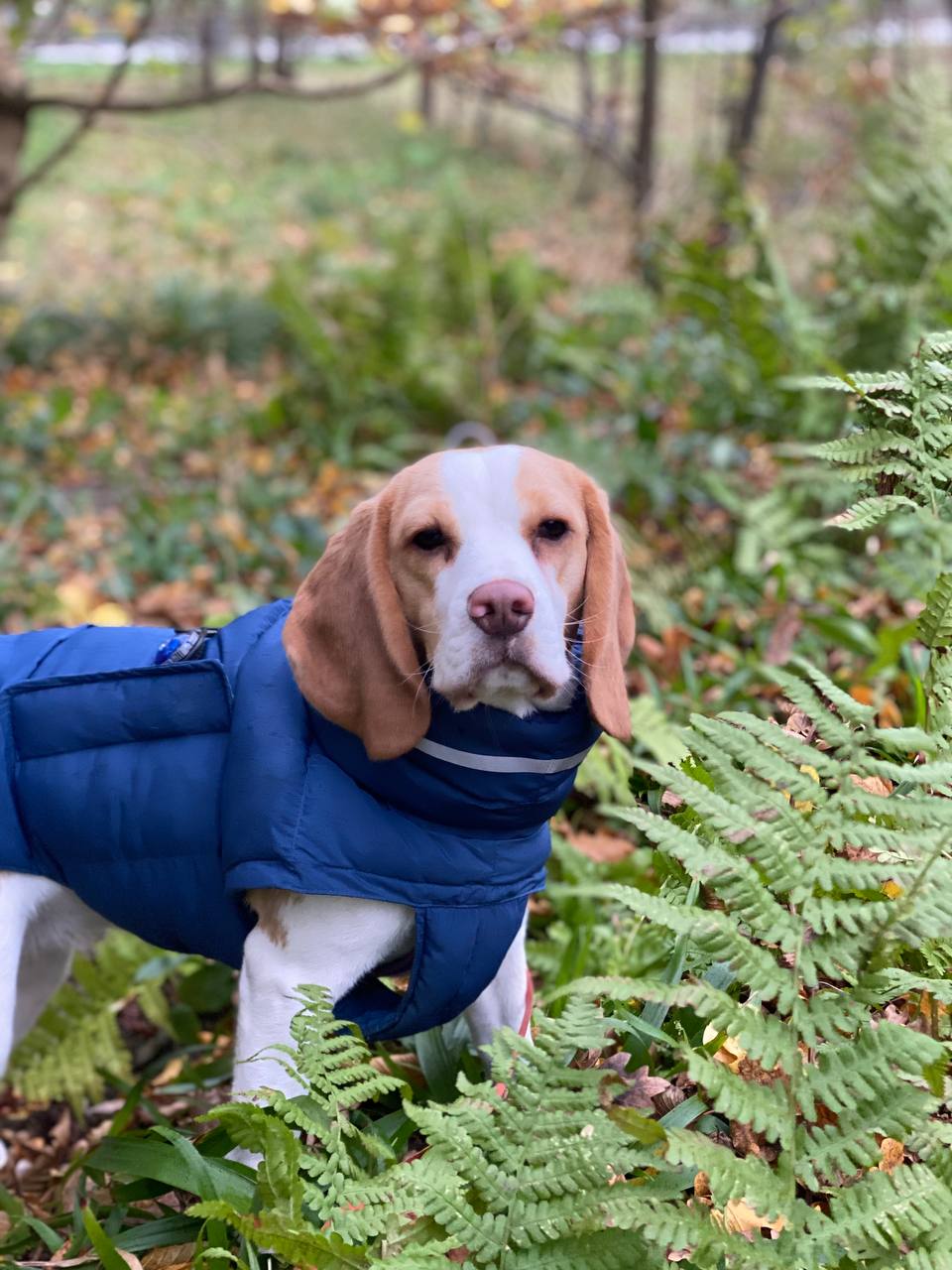A few of you asked for how to do it so here’s my guide. This method gives me perfect coffee every time, but your milage may vary so don’t be afraid to experiment.
Grind to filter coffe size or maybe a bit finer. Don’t go to espresso level or it’ll just clog the brewer and burn the coffee. It is generally not super sensitive to grind size so don’t worry too much. If in doubt go corser.
Always, always weigh the coffe! I found that they are actually quite sensitive to the amount of coffe you put in. Ever since a started weighing the beans I’ve never had any issues with it. If you cannot get a nice consistent flow through the entire brew and it begins to sputter too early you most likely filled it too much. So rather than fiddle with the grind size, you should instead fill it a little less next time. This is why you must weigh the beans. I use 12-13g for the 2 cup that you see here, and 28-30g for the 6 cup version. If I go outside that range it won’t brew nicely. It’s that sensitive! Grind size does very little to change this
Finally use hot water. This first of speed up the brew but also makes it easier to control the pressure inside. So pour hot/freshly boiled water in, assemble, and put on a low to medium heat with the lid open so you can see when the coffee comes. When the coffee starts to come through turn it down to low low heat to get a nice, slow and consistent flow. For the 2 cup version it’s about 15-30 seconds and for the big 6 cup version i think it’s about 40-90 seconds. I can’t remember exactly so don’t worry too much as long as it’s consistent and nice and slow.
Pour the coffee immediately. Otherwise it’ll slowly burn and turn bitter in the hot brewer. If you want to share the portion stir it a bit first since its much stronger at the bottom.
With this method i always get amazing coffee out of this little machine and i low it so much.
The milk i just heated with the Bialetti electric milk foamer but a little pot and a whisk would do the same. Don’t heat the milk too much. It should only be around 65 degrees or something like that or it changes the taste. For UHT treated milk i guess this doesn’t matter.
I hope this was helpful. So enjoy your coffee.
Additional debugging steps:
If you use a blade grinder: This is fine, and I’ve used one for years when I was a student and it worked just fine as well. You can grind pretty fine with that for the mokka pot. It’s difficult to go too fine, but again, if on doubt go corser. Much more importantly is to avoid clumps. Blade grinders tends to make clumps so try to stir them out a bit with a needle/scewer or a very thin fork.
Clumps causes channeling and easily makes it sputter and all the water goes through too fast since it cannot build the pressure needed to make a consistent flow.
Clogging causes it to go really slow and sputter almost immediately and it seems like not all the water wants to go through. This is because it builds up too much heat and pressure so when the coffee passed through the coffee it’s above 100C° so it instantly boils when it reaches the other side and gives a very harsh amd unpleasant taste.
Oh I forgot to add. FOR THE LOVE OF GOD CLEAN YOU MOKKA POT WITH SOAP! Don’t be fooled by what others are saying. It’s not building up “flavour” it is literally old and rancid coffee “flavours” you are building up. So please please clean you pot with soap and a soft sponge every single time.


I have an induction stove so very little heat ever reaches the rubber band. I use a little metal plate under the mokka pot to make it work since aluminium doesn’t work on induction. It you have a gas stove I can imagine it might deteriorate faster but as someone else also wrote, rubber has a very high melting point.